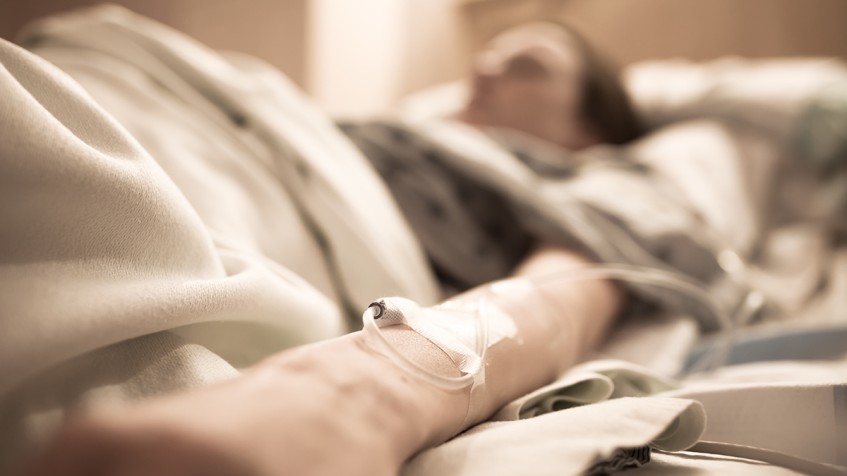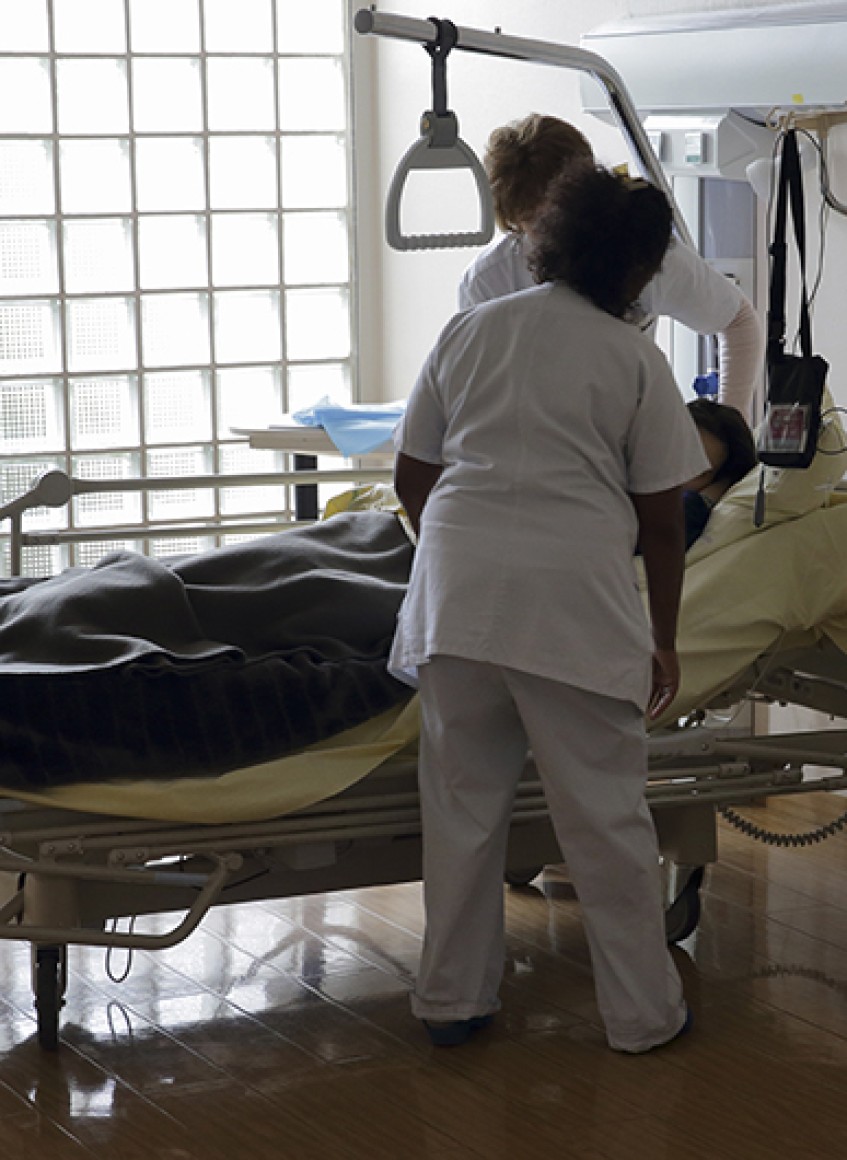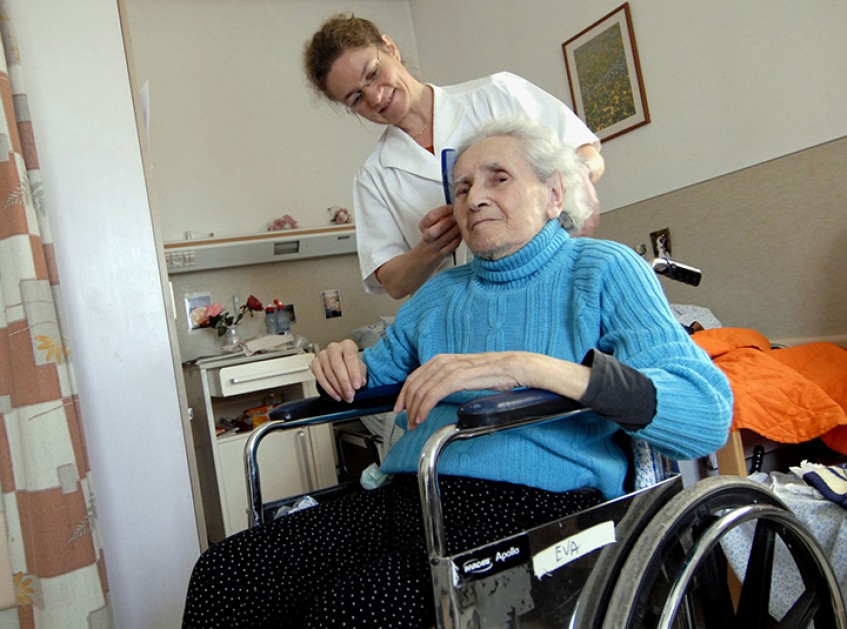EXCLUSIVE: VAD Legislation a tragedy for our society, says Perth Archbishop Timothy Costelloe

Perth Archbishop Timothy Costelloe SDB has this week released a heartfelt and compassionate Pastoral Letter in relation to Voluntary Assisted Dying. Photo: Adobe Stock.
By Jamie O'Brien
Perth Archbishop Timothy Costelloe SDB has this week released an in-depth Pastoral Letter in relation to Voluntary Assisted Dying (VAD).
The Pastoral Letter comes as VAD legislation, passed by the Western Australian State Parliament 18 months ago, will be enacted from Thursday 1 July.
The legislation will mean that a person, under certain specified conditions can access medication which is designed to end their life.
“Important though questions of accessibility to VAD are, there is a more fundamental question of principle. Is it ever ethically permissible to deliberately end one’s own life, to ask another person to help you do so, or to intentionally assist another person to do so?” Archbishop Costelloe posed in the four-page letter.
Archbishop Costelloe explained that a recent document from the Vatican, ‘Samaritanus Bonus: on the care of persons in the critical and terminal phases of life’, reaffirms the Church’s perennial teaching with respect to the sacredness of human life.
“It has been the constant teaching of the Catholic Church for the last two thousand years that no-one has the right to end their own life or to deliberately bring about the death of another, with the sole exception of the right of self-defence against an unjust aggressor.

Nurses provide care to a patient in the palliative care section of a hospital in this 2019 dated photo. As euthanasia became legal in Victoria, the state’s bishops said Catholic health care services will not cooperate with the facilitation of suicide. Photo: CNS/Philippe Wojazer, Reuters.
“This conviction about the sanctity and inviolability of human life is one of the most foundational values by which we as Catholics live. We believe that every human life, from its earliest beginnings at conception to its final moments leading to death, is precious and sacrosanct.
“No-one has the right to “step in” and bring to an end a life that has begun under God’s providence and will come to its end under God’s providence,” Archbishop Costelloe continues.
“We also believe, precisely because life is precious and sacred, that it is to be respected at every moment: when the child is still in its mother’s womb, when it grows to be an infant, then a young child, then an adolescent and an adult. We believe that whether a person is sick or well, weak or strong, poor or wealthy, in agreement with us or in opposition to us, educated or illiterate, generous or selfish, faithful or faithless, living or dying, that person is to be treated with dignity and respect: everything that can be done to give meaning and hope to every person must be done.”

A patient is cared for at the Saint-Louis Hospital in Jerusalem in this file photo taken in March 2007. Operated by the Sisters of St Joseph of the Apparition, the facility provides hospice and geriatric care to elderly residents. New legislation in Western Australia will mean that a person, under certain specified conditions can access medication from 1 July 2021 which is designed to end their life. Photo: CNS/Debbie Hill.
Archbishop Costelloe also highlights the need to support, through prayer and encouragement, all those who are engaged in the healing and caring ministry of the Church.
“Our Catholic hospitals, our Catholic aged-care facilities, our Catholic nursing homes and our Catholic Social Outreach agencies are already committed to being places of compassion, of healing, and of hope.
“With the legalisation of VAD, the witness of all these wonderful institutions to the Catholic understanding of the dignity and sanctity of every human life will become even more important. “It will also become more challenging.”
Read the full Pastoral Letter by Clicking Here
